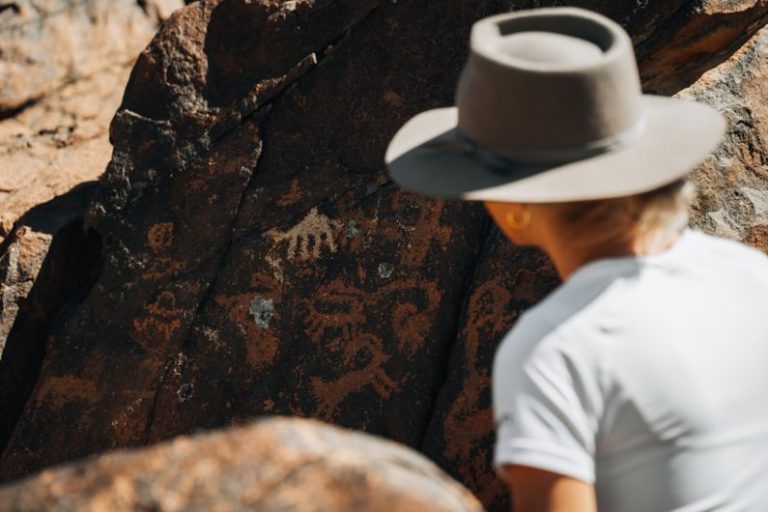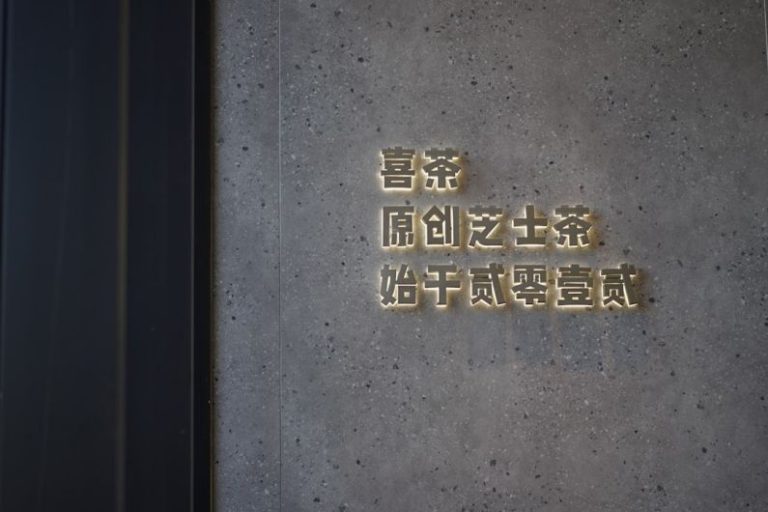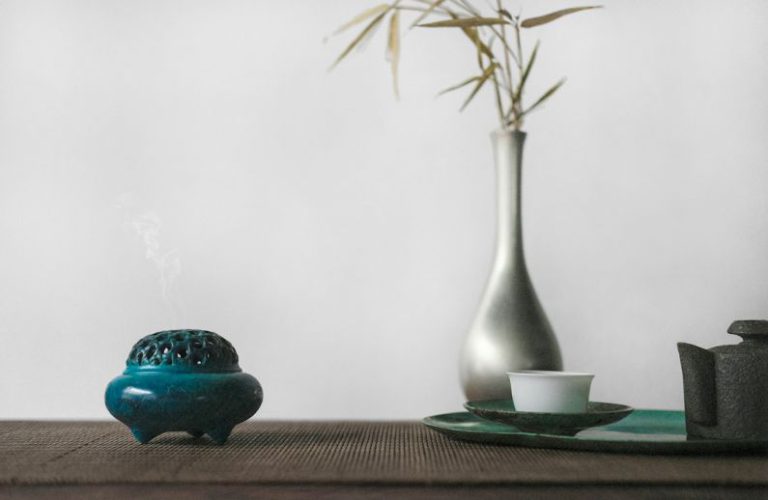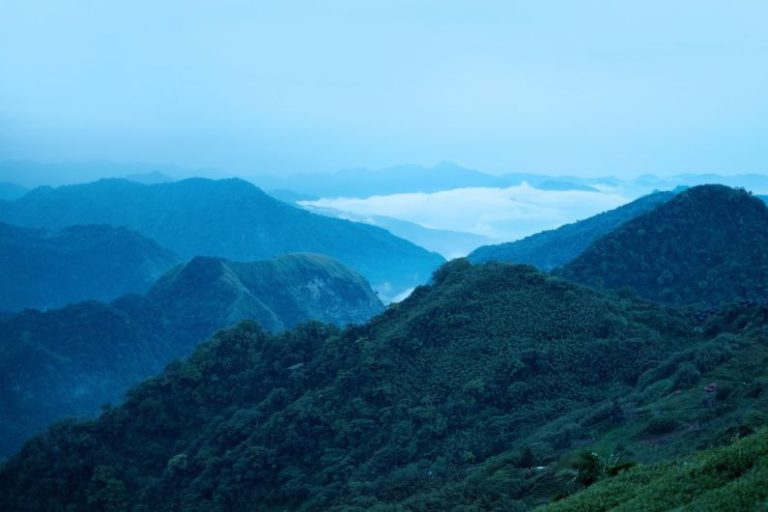Tracing the Routes of the Ancient Tea-horse Road
The Ancient Tea-Horse Road, also known as the Southern Silk Road, was a network of ancient trading routes that connected the tea-producing regions of southwestern China with Tibet and beyond. This historical trade route was instrumental in facilitating the exchange of goods, culture, and ideas between the different regions it traversed. Tracing the routes of the Ancient Tea-Horse Road offers a fascinating insight into the rich history and heritage of this ancient trade route.
**Origins of the Tea-Horse Road**
The origins of the Tea-Horse Road can be traced back to the Tang Dynasty (618-907 AD) when the demand for tea in Tibet and other regions along the route began to increase significantly. Tea, being a staple commodity in Chinese culture, was highly valued by the Tibetans for its medicinal properties and as a form of currency. In exchange for tea, the Tibetans traded horses, which were highly prized in China for military and agricultural purposes.
**The Route and Its Importance**
The Tea-Horse Road stretched from the tea-growing regions of Yunnan and Sichuan provinces in southwestern China to Tibet, Nepal, India, and beyond. The route passed through rugged mountain terrain, dense forests, and treacherous river valleys, making it a challenging yet vital trade route for the exchange of goods between China and its neighboring regions.
**Trading Goods Along the Road**
Apart from tea and horses, a wide variety of goods were traded along the Tea-Horse Road. Salt, sugar, silk, wool, weapons, and precious metals were among the commodities exchanged between traders along the route. The road also served as a conduit for the transmission of ideas, religions, and cultures, contributing to the rich tapestry of diversity along its length.
**Cultural Exchange and Influences**
The Tea-Horse Road played a crucial role in facilitating cultural exchange between the different regions it connected. Buddhist monks traveling along the route brought their teachings and scriptures, while traders introduced new technologies and agricultural practices to the communities they passed through. This cultural interchange left a lasting impact on the regions along the road, shaping their traditions, customs, and beliefs.
**Decline of the Tea-Horse Road**
With the advent of modern transportation and trade routes, the significance of the Tea-Horse Road began to decline in the late 19th and early 20th centuries. Improved infrastructure and the establishment of new trade routes rendered the ancient road obsolete, marking the end of an era of trade and cultural exchange that had lasted for centuries.
**Rediscovering the Tea-Horse Road**
In recent years, efforts have been made to preserve and promote the heritage of the Tea-Horse Road. Historical sites along the route have been restored, and cultural events celebrating the legacy of the road have been organized. Travelers and historians alike are rediscovering the ancient trade route, tracing its routes and uncovering the stories of the people who once traveled along its length.
**Preserving a Legacy**
As we trace the routes of the Ancient Tea-Horse Road, we are reminded of the enduring legacy of this ancient trade route. The road served as a bridge between different cultures and civilizations, fostering trade, cultural exchange, and mutual understanding. By preserving the heritage of the Tea-Horse Road, we pay tribute to the generations of traders, travelers, and communities that once thrived along its length.
**In Retrospect**
The Ancient Tea-Horse Road stands as a testament to the ingenuity and resilience of ancient traders who braved the challenges of the rugged terrain to facilitate trade and cultural exchange. Tracing the routes of this historic road allows us to delve into the rich tapestry of history and heritage that shaped the regions it connected. As we look back on the legacy of the Tea-Horse Road, we gain a deeper appreciation for the interconnectedness of civilizations and the enduring impact of ancient trade routes.






